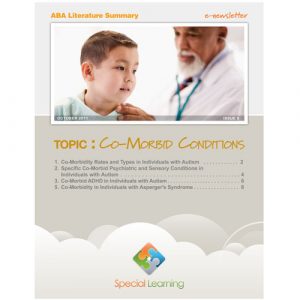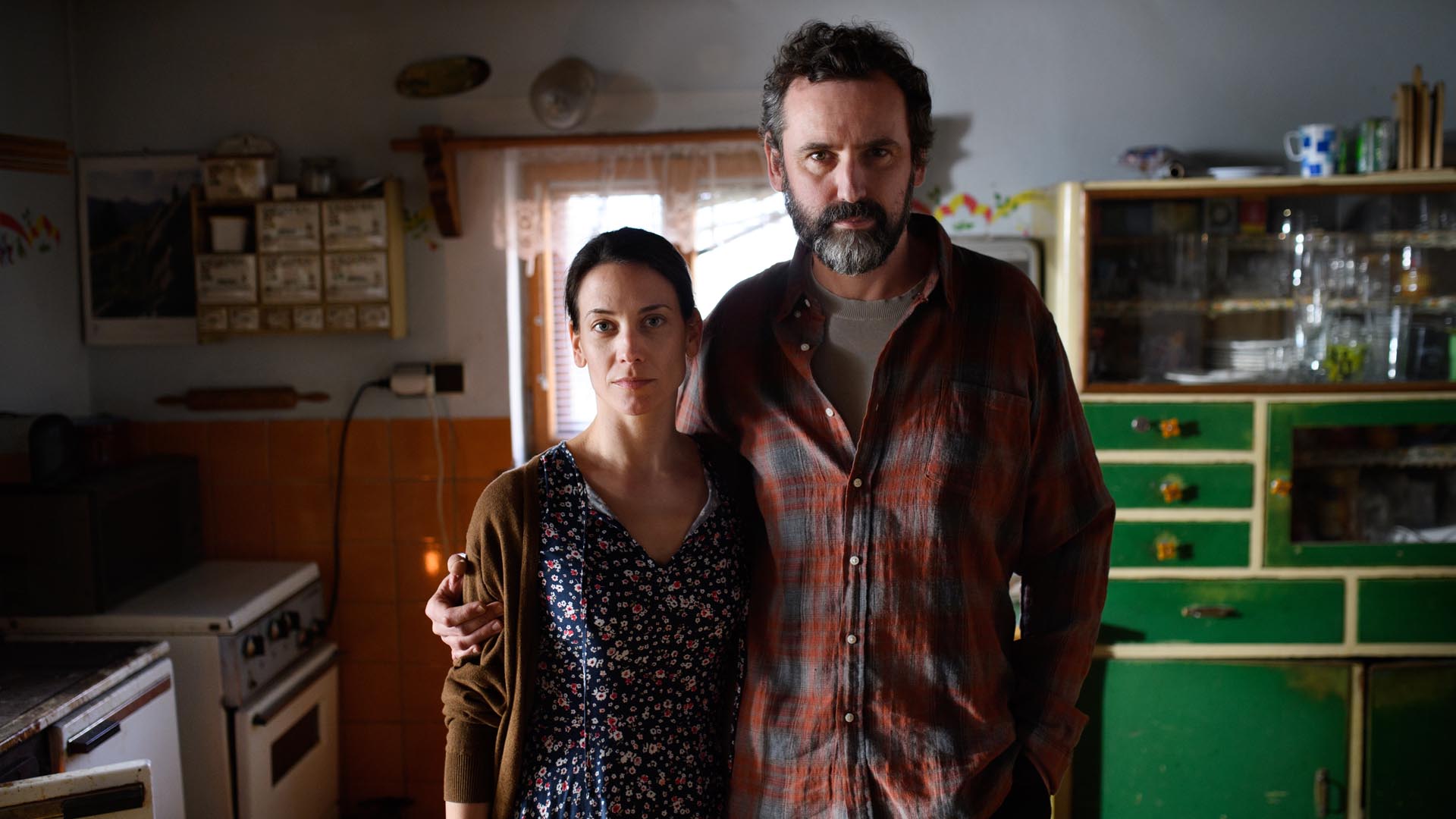Caring for the Caregiver
A caregiver for a child with autism is any person who takes care of the special needs of the child, whether or not that care is directly related to the child’s ASD or any other comorbid condition. The responsibilities of a caregiver may vary based on the needs of the child and the severity of the child’s condition, mentally, medically, and physically.
But every parent of a child with autism should know that having a caregiver that works with their child carries with it responsibilities for the parent as well. It is always true that having good peace of mind reflects positively on the work a person does, but when that person is making a difference in the day-to-day life of your child, ensuring a good attitude in your child’s caregiver or caregivers is critical. Imagine for one moment how your child would be impacted if your child’s caregiver was unhappy in his or her work, feeling stressed and irritable or even feeling is if they just no longer wish to keep going anymore.
Caregivers can be professionals hired to work with your child, or they can be family members or volunteers who are working with your child solely for the satisfaction of making a positive difference in the child’s life. As a parent, you are certainly one of these people yourself, and the responsibility of ‘caring for the caregiver’ also includes taking care of yourself to avoid burn-out, stress or poor health.
All human beings are natural machines that need regular service and care to maintain good performance. We cannot perform well in overly stressful conditions; we need help and motivation to keep ourselves on the mark. It can be very stressful to take care of a child diagnosed with autism; we need to be very patient, motivated, energetic, adaptive and consistent in our behavior. If as a parent you are finding it difficult to be all of these things for your child, then it’s time to shift some of the caregiving you do toward the caregiver: you.
Parents who are taking care of a child with autism should first do everything possible to make the job of care giving as simple and easy as possible. Make sure all the material and environmental necessities for providing medical care, general care and therapy to the child are available. Getting advice from a good consultant before starting any therapy or care-taking steps can be very helpful.
At all times, a parent should be sure that he or she is keeping these major points in mind, and addressing them any time he or she begins to notice stress or anxiety:
Patience: Every caregiver should take care of himself or herself to ensure that he or she remains patient at all times when interacting with the autistic child. Any impatience can leave a very bad impact on the learning process of the child. Try meditation or regular yoga practice for keeping stress down and patience high.
Getting Help When Needed: Look for help from every possible resource. There are many organizations and people who want to help families that have autistic children. Many parents discover that there are friends and neighbors they never even thought of approaching who truly enjoy making a difference when they get the chance, and all they need for that chance to be given is to be asked. (Hint: Be careful when you find someone who wants to help you and don’t ask for more than they easily and comfortably give. A good idea is to find three or four people who can offer small amounts of help and distribute the load.)
Sharing: In the right context it is healthy to share your problems with friends and relatives; you can get good advice or support that way without paying a counselor massive amounts of money that you need to save for your child’s care. By having someone to talk to, you can relieve stress a bit. Just be careful to keep your attitude as positive as possible and not bring your listener down… they might not be as open to listening next time.
Motivation: You should keep yourself motivated and should not let yourself become discouraged. One way of doing this is by sparing a little time for your own entertainment and outings without your child. Take regular brisk walks, preferably of a mile or more; and when you can manage a free afternoon go to the movies or join a yoga or gym class. Check with local support groups also; the chances are very good that there are regular group activities you can do with other parents who share the same challenges you do.
Copyright © by Special Learning Inc. All right reserved.
No part of this article may be reproduced in any manner whatsoever without written permission except in the case of brief quotations embodied in critical articles and reviews. For information, contact Special Learning Inc., at: contact@special-learning.com








